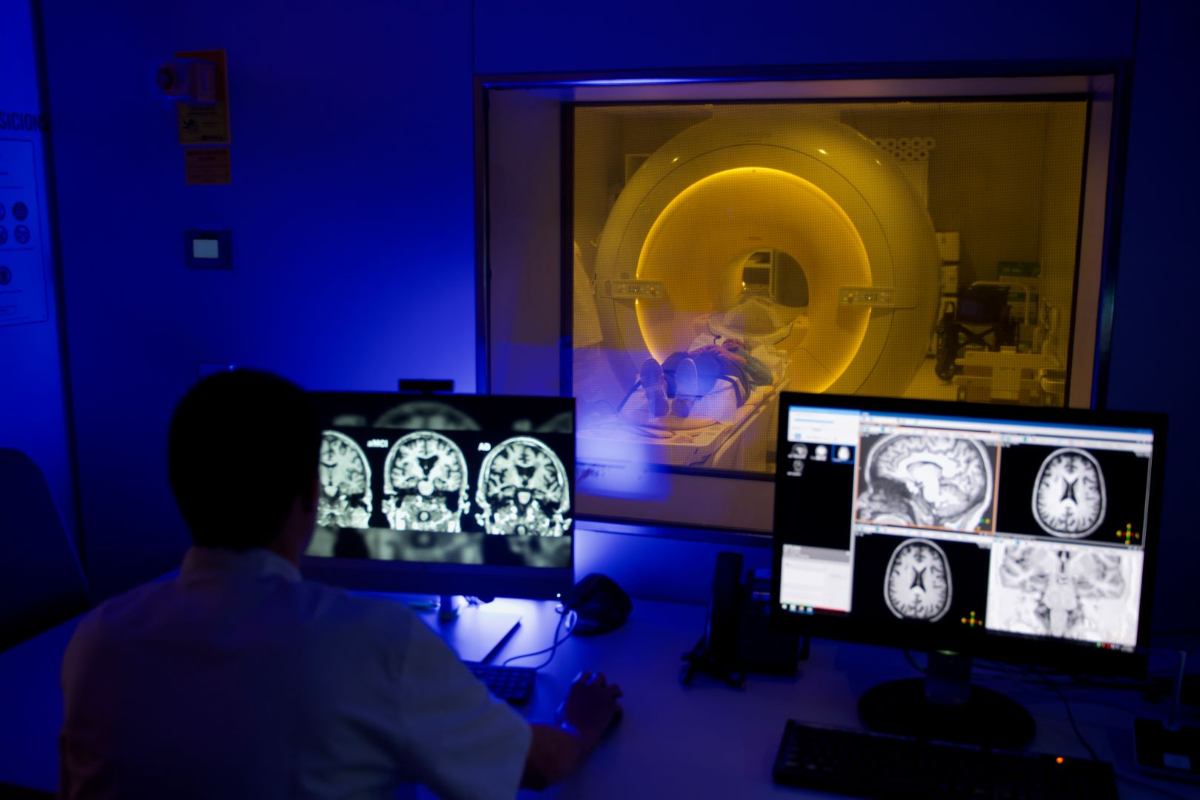They found that in the early stages of Alzheimer’s disease, blood flow is reduced.

Blood flow is reduced in the early stages of Alzheimer’s disease, before symptoms appear, a finding that could help develop future prevention strategies, according to a multilateral collaboration led by the BBRC.
A multilateral collaboration led by the Barcelona Beta Brain Research Centre (BBRC), a research centre of the Pascual Maragall Foundation, has measured the reduction in cerebral blood flow in the early stages of Alzheimer’s disease using a new magnetic resonance imaging sequence. … + read more
Helicobacter infection increases risk of Alzheimer’s disease by 11%
Frequent infection with this bacteria can cause stomach upset, gastritis, ulcers and even stomach cancer. + read more
Spanish study links diet rich in saturated fat to Alzheimer’s
The studies focused on seeing how the diet affected molecules found in the blood and other tissues, such as the brain, that act as markers and regulators of disease. + read more
Progress in understanding the link between high-fat diet and Alzheimer’s risk
The results of this study, conducted by URV, represent an advance in explaining the relationship between obesity, type 2 diabetes and the disease. + read more
New Genetic Variants Associated with Alzheimer’s Disease Described
Identifying genetic variants and the role they play in susceptibility to Alzheimer’s disease could help researchers better understand how to treat this neurodegenerative disease, for which there is currently no cure. + read more
World Bank calls to prevent future generations from becoming victims of smoking
The World Bank has joined a series of campaigns to mark World No Tobacco Day, highlighting the urgent need to prevent future generations from falling victim to the impact of tobacco use and advocating for higher taxes on these products to prevent easy access to them. + read more
Encouraging neuroscience advances to improve Alzheimer’s disease diagnosis
Researchers from the UPF Center for Brain and Cognition (CBC) and the Visualization, Virtual Reality and Graphic Interaction Research Group (ViRVIG) of the UdG have advanced this study, which provides new data on the interactions between two proteins whose accumulation in neuronal tissue is associated with disease. + read more
